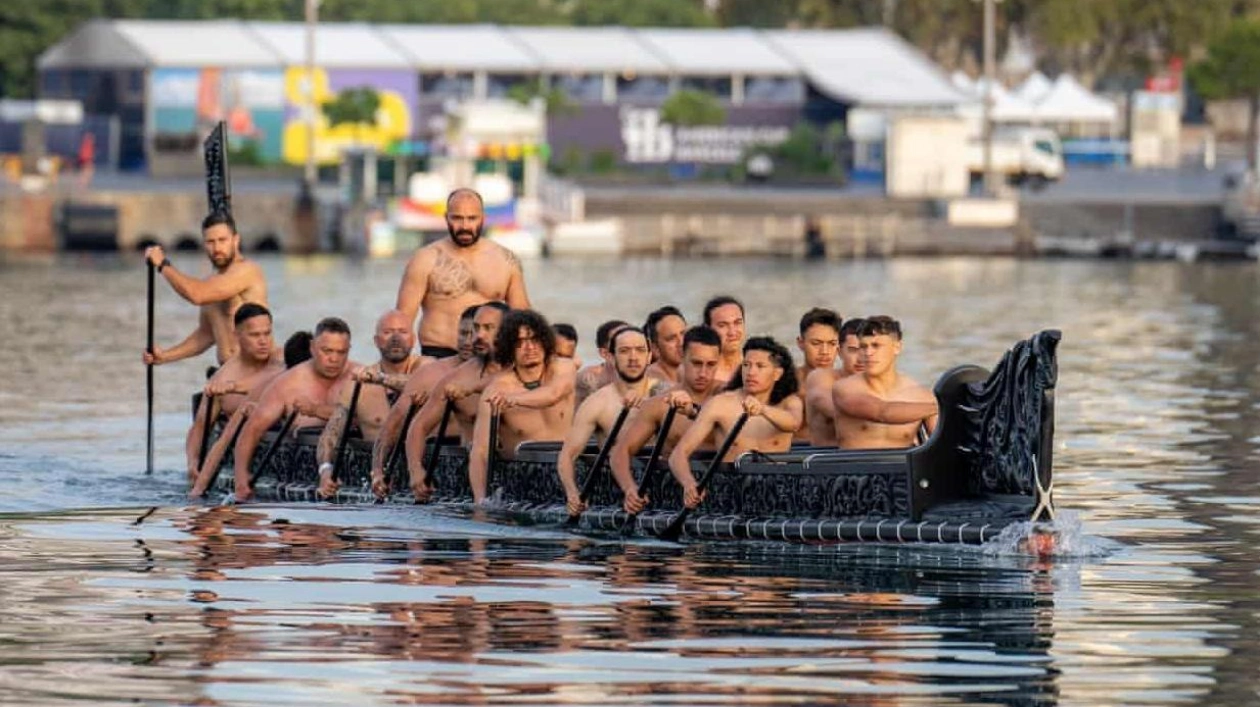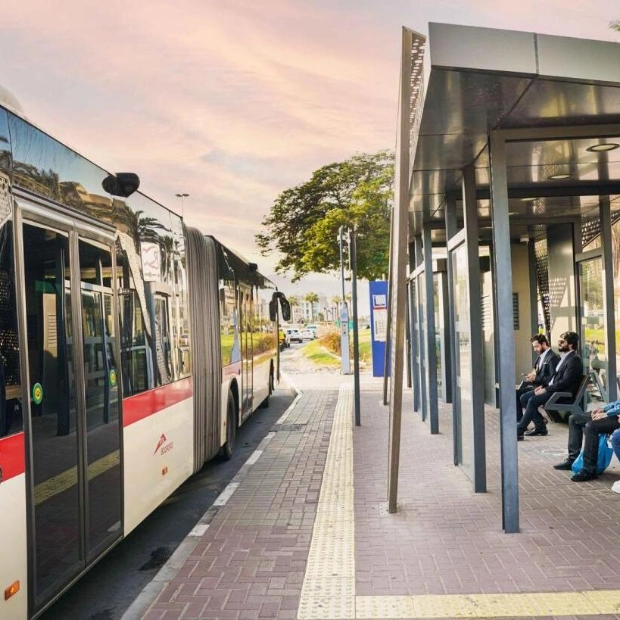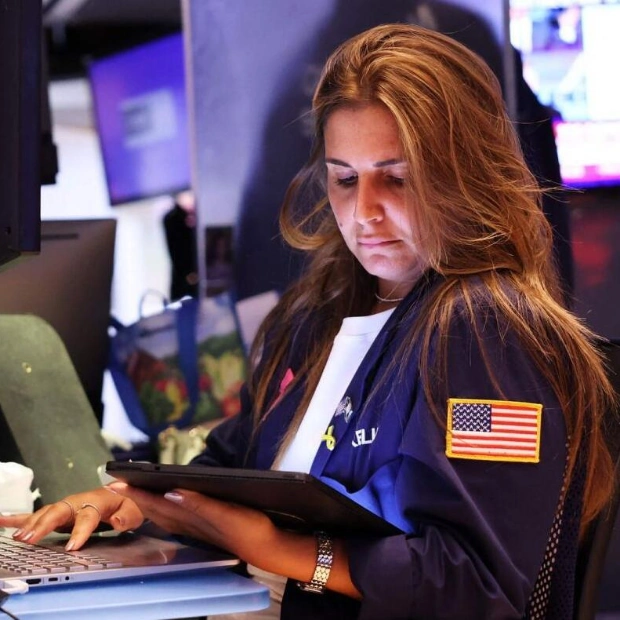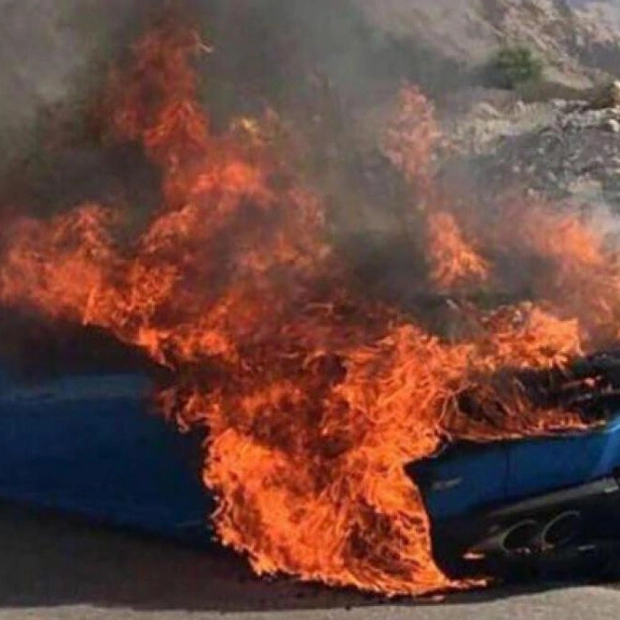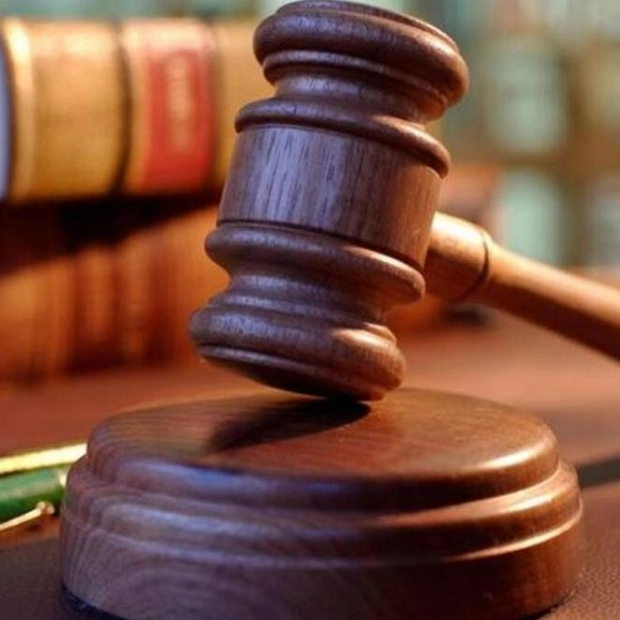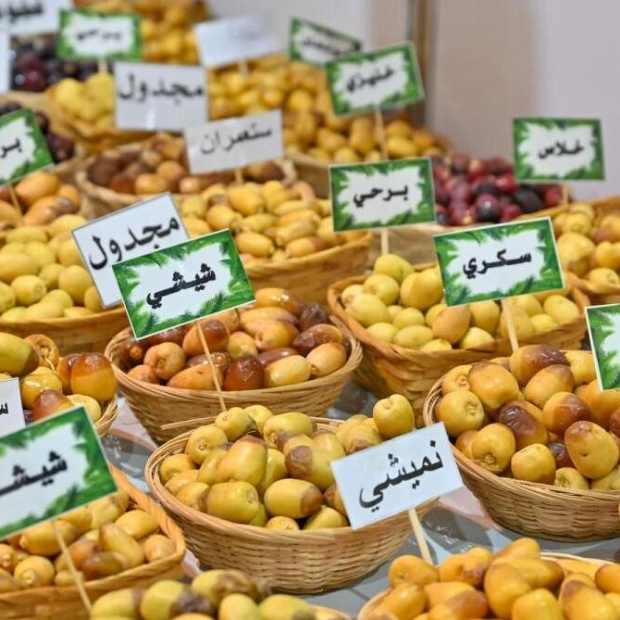As New Zealand competes against Great Britain in the defense of the America’s Cup, the Kiwis have a unique advantage: a Māori waka (canoe) that will guide them into the competition. The race commenced on October 12 and is set to conclude a week later. Each race day, the waka will lead Team New Zealand out of Barcelona harbor as a “Māori guard of honor,” explains Graham Tipene, the coordinator of the waka crewed predominantly by members of the Ngāti Whātua Ōrākei iwi (tribe). Additionally, a haka will be performed on the water, and some crew members will join the team to conduct karakia (prayers and incantations) before the races.
“What sets us apart from other teams is our profound connection to the ocean and the land, and our stewardship of it,” Tipene notes. Grant Dalton, the veteran of New Zealand sailing and CEO of Emirates Team New Zealand (ETNZ), extended the invitation to the Māori crew to join them in Barcelona. “We are deeply honored to have Ngāti Whātua Ōrākei and their waka here in Barcelona,” Dalton states. “As a New Zealand team, we proudly represent our country, culture, and innovation on the global stage, and the America’s Cup is the pinnacle of that.
The inclusion of the waka in this year’s America’s Cup reflects our profound respect for Aotearoa’s heritage.” The waka is crafted from the trunk of a kauri tree and named Te Kawau, after a type of cormorant renowned for its endurance, and was meticulously carved by a master carver in Whangarei, New Zealand’s North Island. This marks the first time in 25 years that the tribe has had a waka, and as Tipene emphasizes, “having a waka means having a presence on the ocean, it means we can uphold the value systems we constantly speak of. You can’t simply paddle a waka without embracing all that it entails.”
This comes at a time when tensions are escalating within New Zealand over what experts perceive as an attempt to curtail Māori rights. Various New Zealand governments have implemented policies aimed at addressing the imbalance that disproportionately affects Māori people. However, the conservative coalition led by Christopher Luxon, elected last year, has initiated changes and reviews of policies that benefit Māori, arguing that services should be allocated based on need rather than race. This includes the abolition of the Māori Health Authority and modifications to the use of Māori language in government departments. There is also a review of the Treaty of Waitangi, the nation’s founding document signed in 1840 by Māori chiefs and the crown, which guarantees Māori rights.
“Some felt sidelined because Māori people were receiving equal—not preferential—treatment,” Tipene observes. Nevertheless, Māori culture and language are flourishing, and the number of people identifying as Māori continues to rise, a stark contrast to the 1970s and 1980s, according to Tipene. “What we’re doing here in Barcelona is part of countering what the New Zealand government is attempting and part of the national identity we should be striving for,” Tipene asserts. “We’re here to celebrate Māori culture, to showcase to the people of Spain and the world our identity and the beauty of who we are.”
Meanwhile, there’s a race to be won. Tipene admits that during the showdown between the Italian and British boats, he was rooting for the Brits, hoping for a chance to face off against the former colonial power. “I really wanted them to win so now it’s up to our team to give their best and remind them that we’re a powerhouse too,” he says. “It’s going to be beautiful.”
